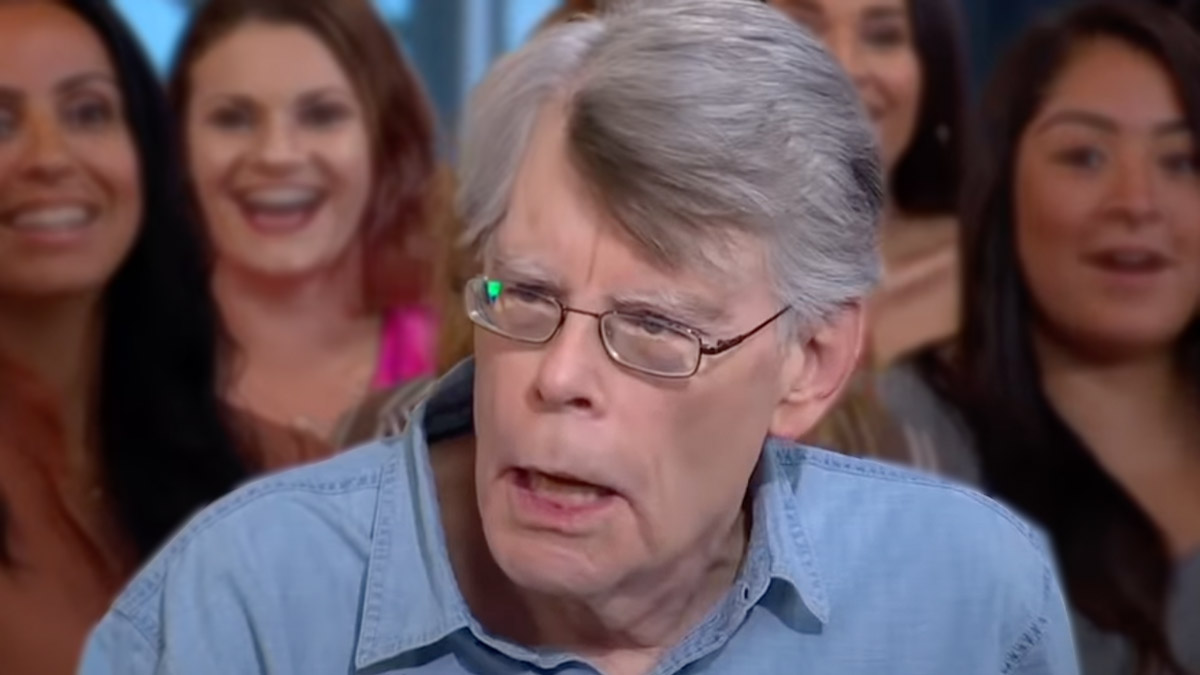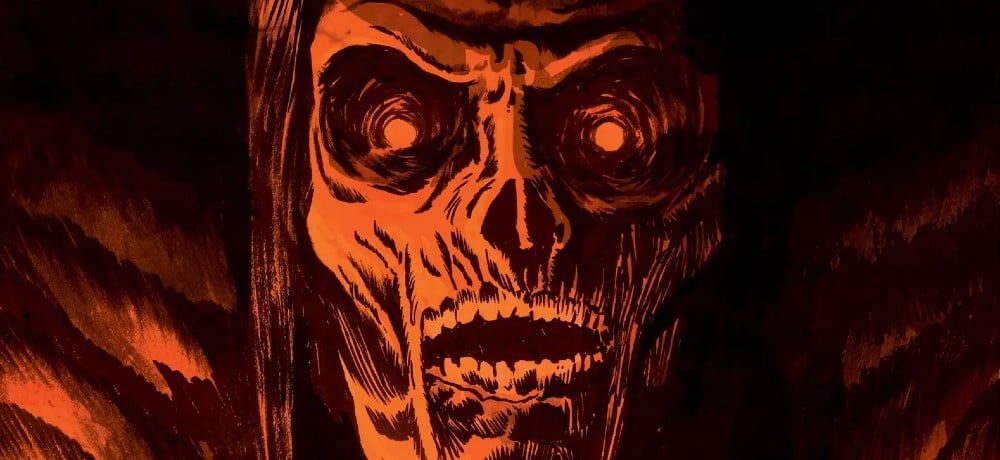Eight Sequels That Did Nothing to Further the Narrative
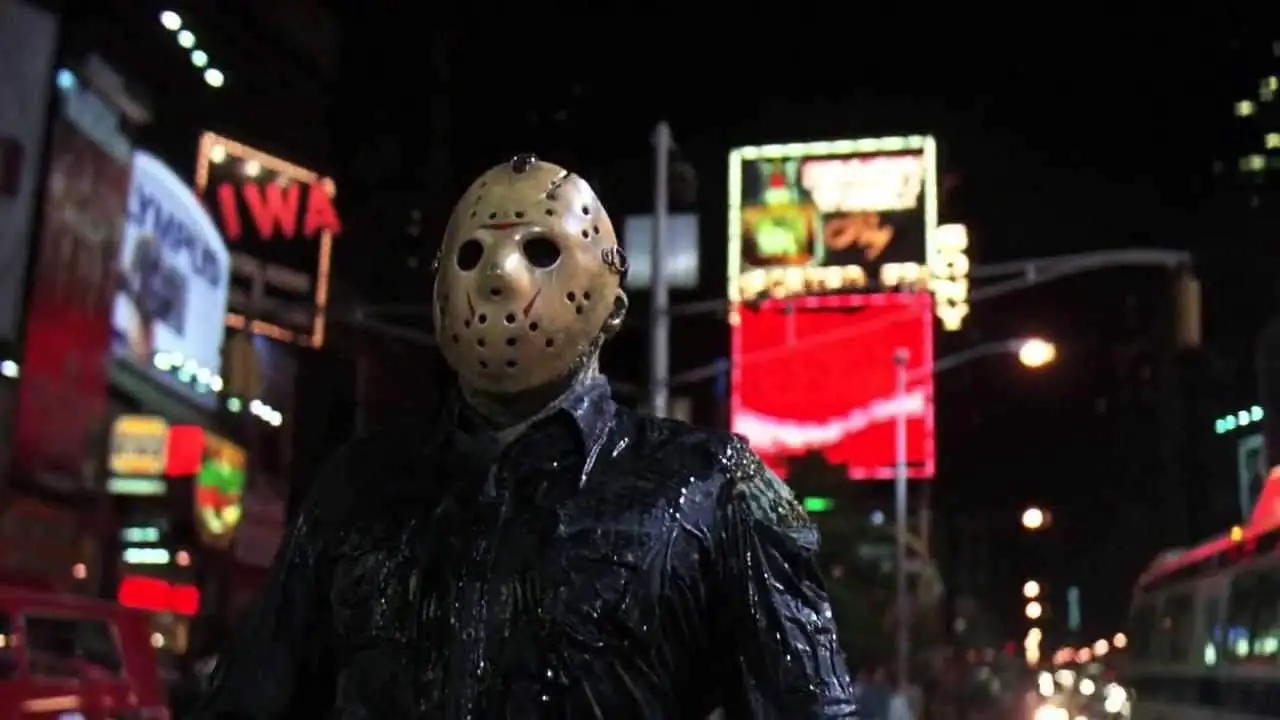
For the most part, sequels are made because a film made money and a studio wants to keep it going. It would be ridiculous not to admit that’s usually how it starts. But there are still a lot of great follow up efforts out there thanks to filmmakers that treat the story seriously and expand on the world created in the first film in unique and interesting ways.
Just think about how much of the larger story was given to us by the Nightmare on Elm Street sequels. Freddy’s mother being a nun, Freddy being the bastard son of a hundred maniacs—all of that came from A Nightmare on Elm Street 3. Without sequels, we’d only have ever seen Mrs. Voorhees doing the killing in Friday the 13th.
But sometimes they’re made too quickly and simply have absolutely nothing to say. And it’s not just the worst of the worst that are guilty of this, either. Sometimes a sequel is enjoyable, but doesn’t have much else going on. It can be frustrating to build up characters and storylines only for some franchises to just let those stories fall flat. The titles outlined below showcase eight follow up efforts that did nothing to further the narrative of their franchise.
A Nightmare on Elm Street 2: Freddy’s Revenge
A Nightmare on Elm Street 2 stands out from the rest of the series for a lot of reasons. I think it comes down to a lot more than subtext, personally. While I actually enjoy this entry quite a bit, I think it’s most memorable for the fact that it doesn’t even seem to exist in the same universe as the other movies do. It’s like Freddy’s Revenge exists outside the main storyline, as there are only passing references to the original story and characters. Moreover, the exposition we get on Freddy is really just a rehash of Marge’s speech in the original.
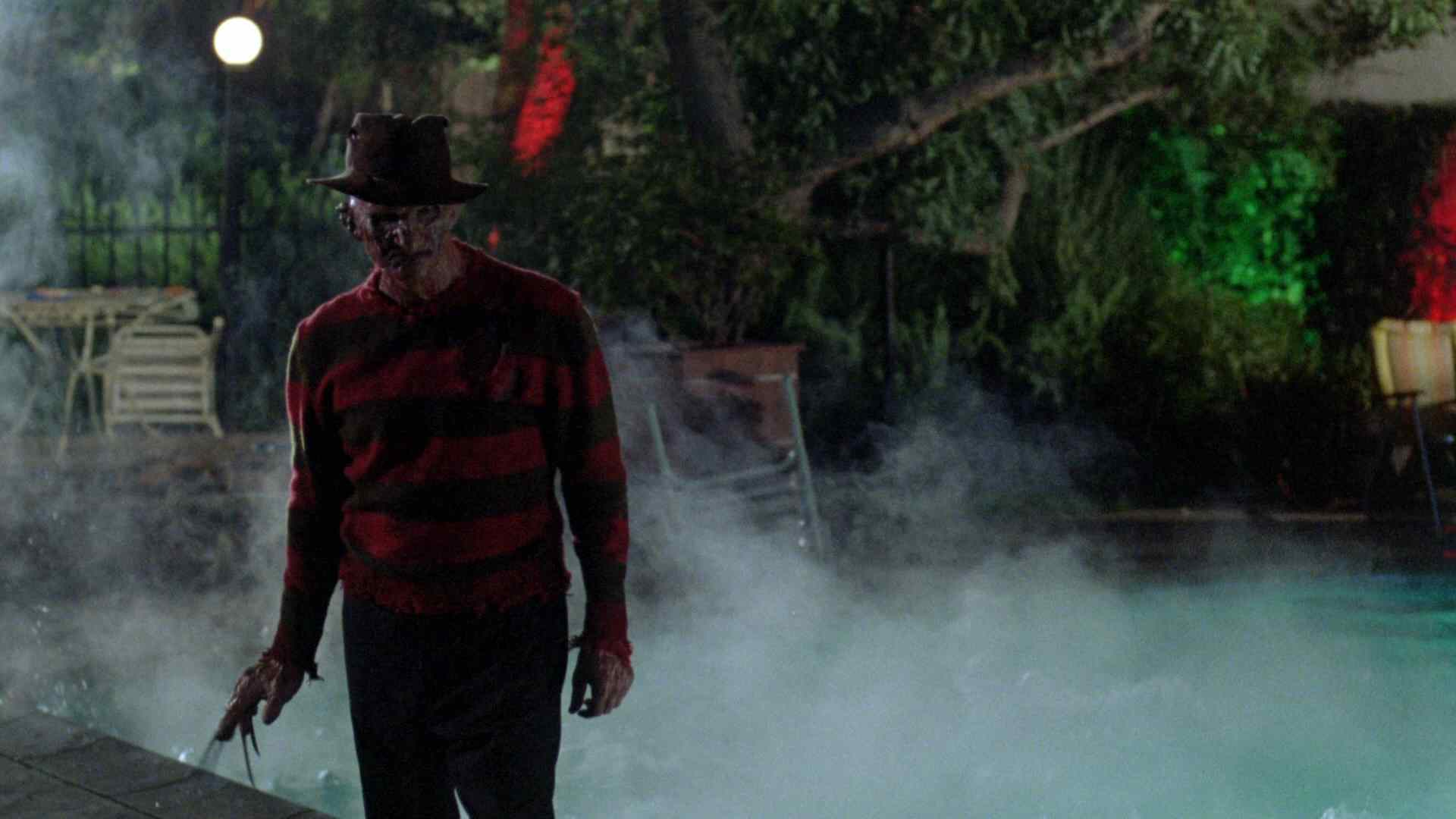

Halloween 5: The Revenge of Michael Myers
I know what you’re thinking: Halloween 5 added the man in black to the narrative. I can’t fight that point. Of course it did, but he added absolutely nothing to the film. The mythology burst open in ridiculous ways in Halloween: The Curse of Michael Myers because Halloween 5 refused to explain itself. There’s not an effort made at any point to tell you who this character is and while there’s been a lot of speculation as to the intent of the man in black, director Dominque Othenin-Girard has always made it sound like he never planned to explain who that character was or where he came from.
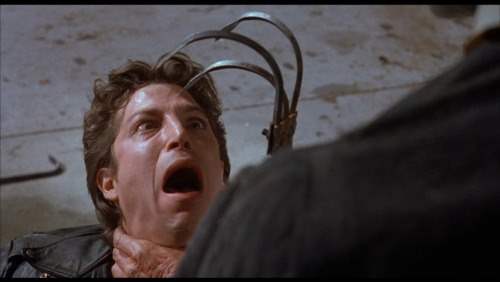 Candyman 3: Day of the Dead
Candyman 3: Day of the Dead
If you’ve only seen Candyman or are maybe just peripherally aware of the character, then Candyman 3 will seem like it adds an awful lot to the series. Its main character is actually related to the Candyman. There’s a whole backstory here, we get glimpses of flashbacks to Candyman’s origin. But all of that is actually just a rehash of the second film, Farewell to the Flesh, with a much smaller budget. Candyman 3 is merely a sequel that repeats what its predecessor did.
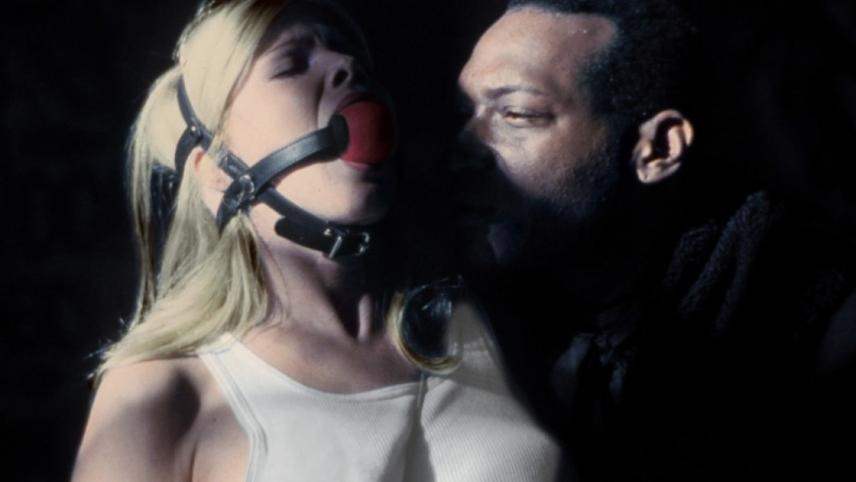 The Texas Chainsaw Massacre: The Beginning
The Texas Chainsaw Massacre: The Beginning
I actually enjoy watching The Beginning. It’s kind of a mixed bag, but there are a few scenes that hold up better than the remake. The remake is better overall, don’t get me wrong. However, when I take a step back and look at it, I’ve got to admit that there’s not much going on in this movie that we don’t already know. I’m not of the opinion that prequels can’t surprise us. Just because we know how a story ends doesn’t mean we always know how it got there. But we’re given plenty of backstory in 2003’s Texas Chainsaw Massacre and other than seeing a quick scene depicting how Sheriff Hoyt earned his position, there aren’t many surprises.
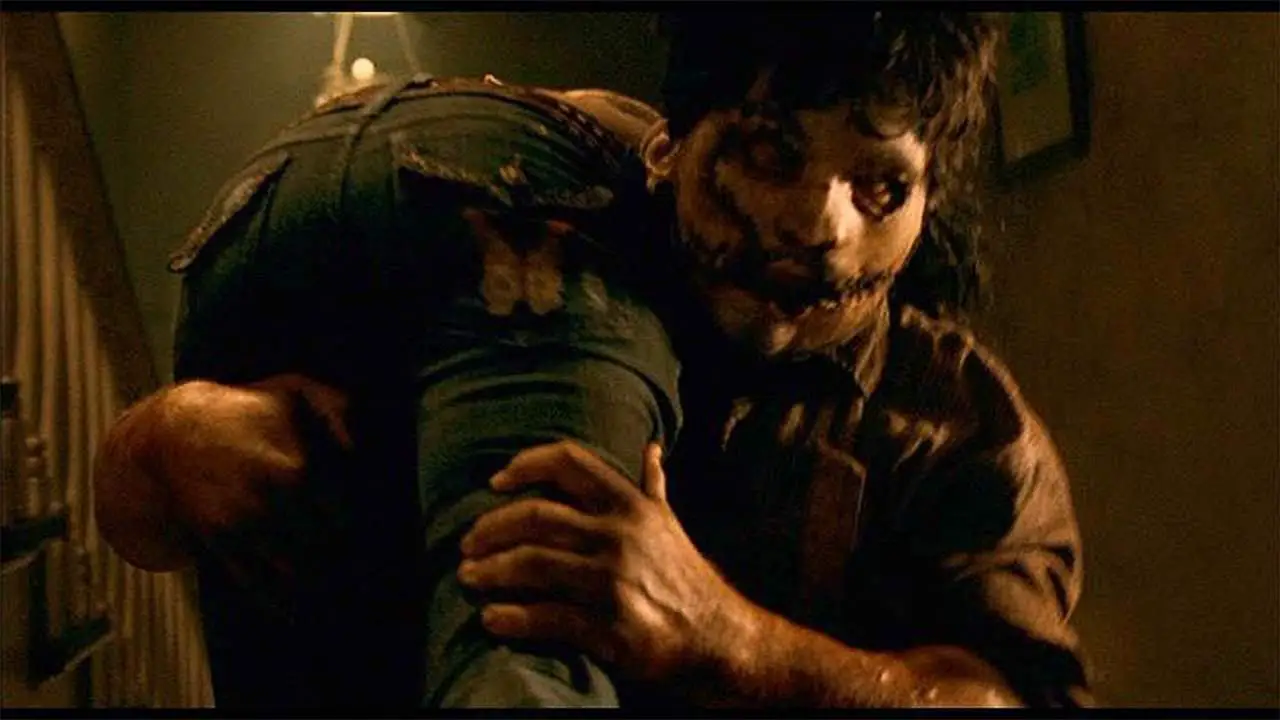 Friday the 13th Part VIII: Jason Takes Manhattan
Friday the 13th Part VIII: Jason Takes Manhattan
With Jason himself being an addition from the sequels, you can always count on Friday the 13th to bring in major story elements kind of late in the game. We didn’t get our first recurring protagonist until Part 4, making its Final Chapter promise all the more ironic. But all we really learn from Jason Takes Manhattan is that he stowed away on a cruise ship one time. The only way in which the next sequel even acknowledges this movie is to show that Jason has been melted by the toxic waste he was assaulted with at the end of this installment.
 Lost Boys: The Tribe
Lost Boys: The Tribe
When it comes down to The Tribe or The Thirst, well, The Thirst actually brings back more characters and clues us in as to their fate. It name drops everyone and reunites the Frog brothers, so I’ve got to give the distinction of least helpful to the overall narrative to The Tribe. All we gather from this sequel is that Edgar Frog, like all great lost boys, refused to grow up. He wears the same clothes he wore when he was twelve. He acts exactly the same. The rest of the movie around him is just a boring rehash of the original’s plot.
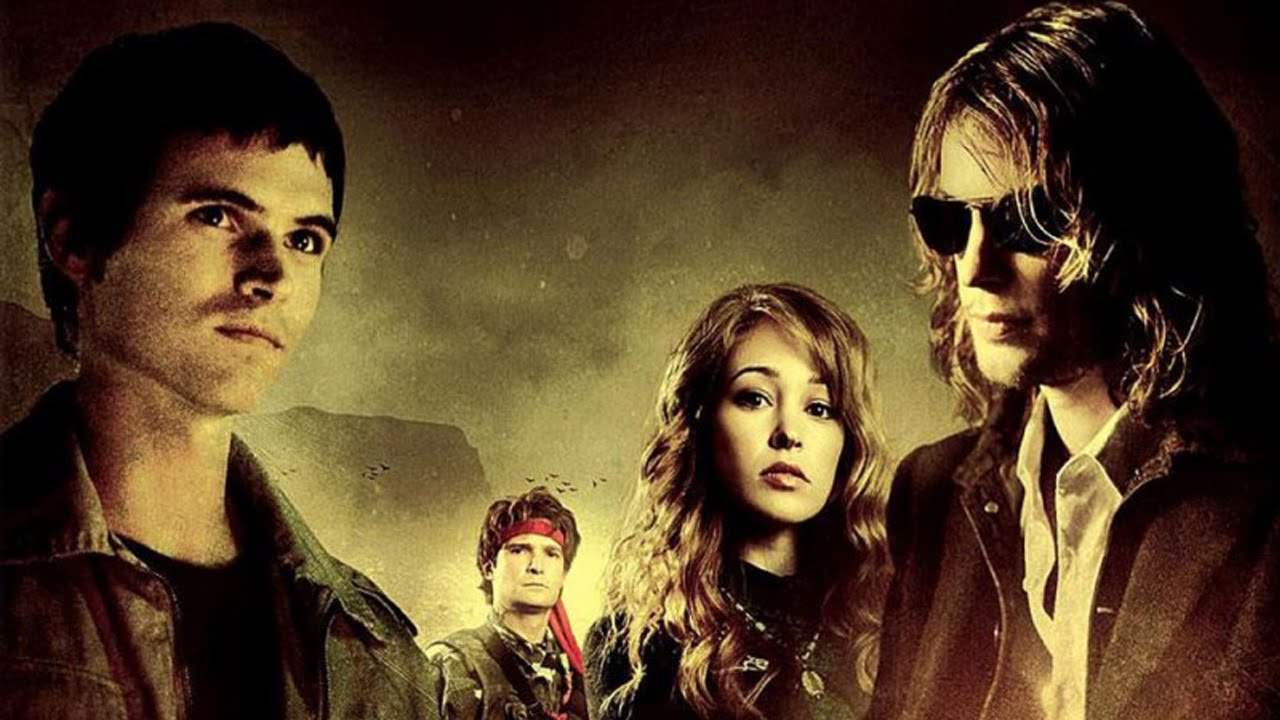 Psycho III
Psycho III
Psycho II added so much to the series’ mythology. It was the sequel nobody wanted but it justified itself in amazing ways. Norman’s character developed so much, there were so many layers to the plot, it was just a great sequel overall. Psycho III is directed by Norman himself (Anthony Perkins) so viewers expected great things from this threequel. But all it really does is backpeddle from all the amazing character development established in Psycho II. There are certain things about the film that work but it takes the story as a whole several steps backward.
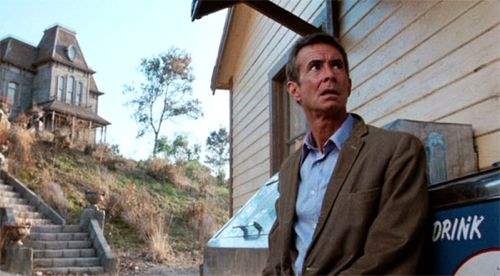 Hellraiser: Inferno
Hellraiser: Inferno
Hellraiser II expanded the whole mythology by catching up with those great characters from the first and sending them on a literal descent into Hell. It teased Pinhead’s origin, which was expanded on heavily in Hellraiser III. Then Hellraiser: Bloodline gave us the origin of the box and the story of the cursed lineage of its creator. Inferno ushered in a new, unfortunate era of sequels that weren’t even originally written as a Hellraiser films. Inferno has nothing to do with any of the previous entries and Pinhead somehow manages to have even less screentime than he did in the original.

Post Views:
181



